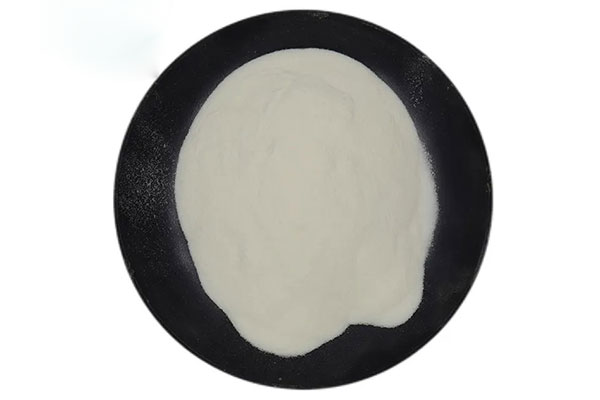- Product Name: L Tryptophan
- Appearance: White to yellow-white crystal
- Application: Feed Additive & Nutrition Supplement
- CAS NO.: 73-22-3
- Molecular Formula: C11H12N2O2
L Tryptophan is white to yellow-white crystal or crystalline powder in appearance. It is odorless or slightly odourous, and is colored by prolonged exposure to light. L-tryptophan and acid are more stable when heated together in the dark. It is easily decomposed when it coexists with other amino acids, sugars, and aldehydes. As an essential amino acid, it can be used as a food fortifier, antioxidant, and medicine.
Feed additive L-tryptophan is an essential amino acid for the growth and development of young animals. It is the main amino acid for feed after lysine, methionine and threonine. Adding L-tryptophan can improve the utilization efficiency of amino acids in feed, increase feed intake, promote growth and improve immunity. At the same time, it can relieve the stress response of piglets after weaning and improve the breeding efficiency. It has been widely used in various feeds.
What Are Uses of L Tryptophan
(1) Nutritional supplements
- L-tryptophan is the precursor of 5-hydroxytryptamine, an important neurotransmitter in the human body, and one of the essential amino acids for the human body.
- It is used in nutritional supplements for pregnant women and special milk powder for infants.
- For the treatment of niacin deficiency.
- As a sedative, it can regulate mental rhythm and improve sleep.
(2) Used as feed additive
- Promote animal food intake, weaken stress response, and improve animal sleep.
- Increase the antibody of the fetus and young, and improve the lactation of dairy animals.
- Reduce the amount of high-quality protein in the diet, save feed costs, reduce the amount of protein feed in the diet, and save formula space.
-
Functions in Feed
-
Effects on Nutrient Metabolism
- As long as a small amount of tryptophan is added to the feed, a great effect can be produced.
- Tryptophan is an important nutrient that can participate in the renewal of plasma proteins in animals, promote the function of riboflavin, and help the synthesis of niacin and heme.
- It can also significantly increase antibodies in fetuses of pregnant animals. For that, when livestock and poultry lack tryptophan, growth stagnates, body weight decreases, fat accumulation decreases, and testes of breeding males shrink.
- L-tryptophan feed grade can increase the content of animal globulin, thereby enhancing disease resistance.
- Play a regulatory role in animal feed intake and growth.
- Regulation of stress and emotional behavior. The level of tryptophan taken by animals can affect the emotional state of animals.
- In terms of availability, the utilization rate of L-tryptophan is 100%.
The effect of tryptophan on the nutritional metabolism of pigs and poultry is mainly realized through the following aspects.
- L-tryptophancan be converted into nicotinamide that promotes the growth of livestock and poultry and prevents nicotinamide deficiency.
- L-tryptophan feed has an effect on fat metabolism and can reduce the fat content of poultry liver.
- Feed with L-tryptophan can increase the rate of protein synthesis in liver, skin, and whole components of growing pigs.
- It plays a role in the feed intake, production performance and feed conversion rate of livestock and poultry.
- L-tryptophan can also affect the behavior of livestock and poultry, reducing aggressive behavior and reducing stress response.
How to Store L-tryptophan Powder
- It should be stored in a cool, dry, ventilated and pollution-free warehouse.
- Don’t store together with poisonous, harmful and smelly items.
- The stacking height should be appropriate. The distance between the stacking position and the ground and the wall is preferably not less than 10cm.
- During transportation, strictly prevent rain and exposure.
- It is strictly forbidden to mix and transport with toxic, harmful and corrosive substances.
